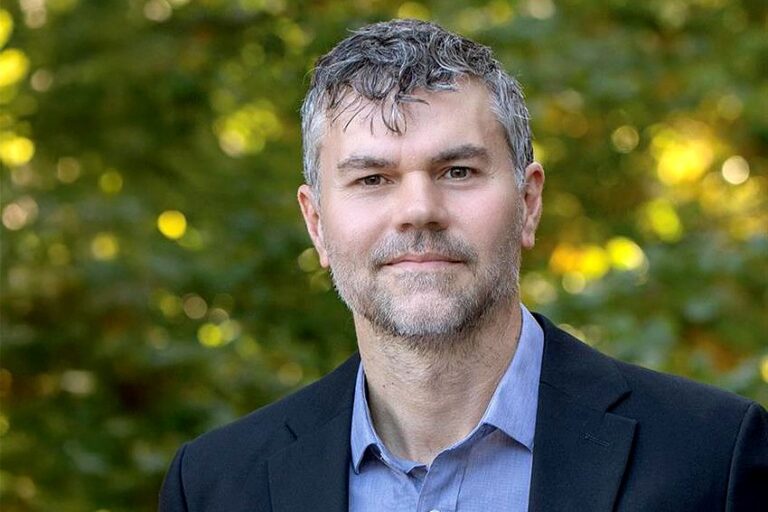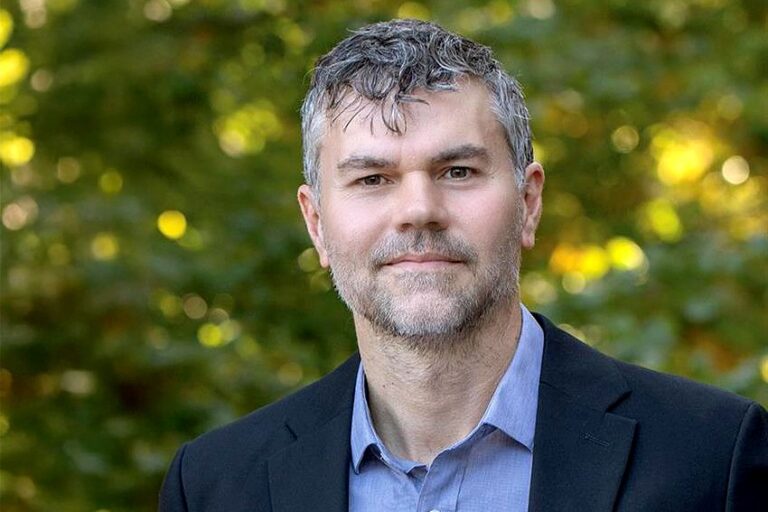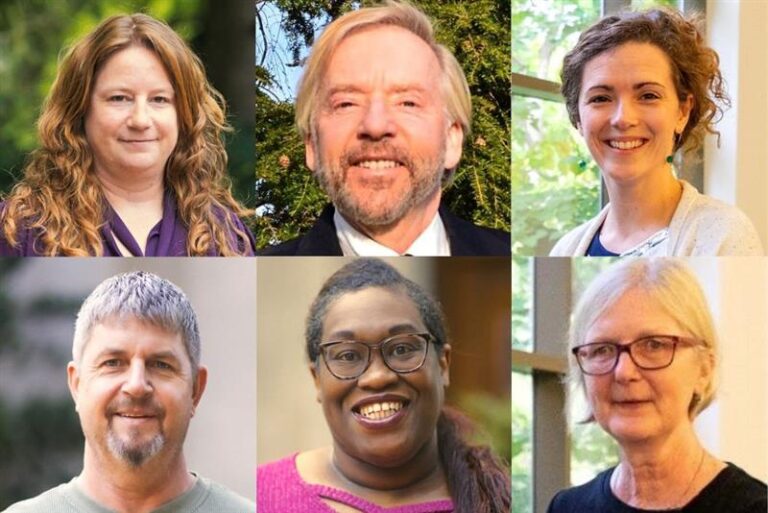Students and faculty from the MSU Sociolinguistics Lab offered intergenerational education this summer at MSU’s Grandparents University (GPU). GPU is a multi-day event for grandparents and their grandchildren aged 8-12. It’s a bonding experience for participants: Families can stay in the dorms and eat meals in the cafeterias, as well as take part in a wide range of fun activities, from meeting Sparty to playing disc golf, to attending faculty-led class sessions. And it’s a well-supported opportunity for faculty to try their hand at public outreach. The Sociolinguistics Lab’s co-directors, Dr. Suzanne Wagner (Linguistics) and Dr. Betsy Sneller (Linguistics) collaborated on two classes designed to introduce participants to language variation in fun and interactive ways: Harry Potter and the Secrets of British English, led by Dr. Wagner, and Diary of a Michigan Kid, led by Dr. Sneller.

Dr. Wagner has been running the Harry Potter class since 2014. It’s now so popular that it fills up to capacity as soon as registration opens. Dr. Wagner was even recently featured in a GPU instructor recruitment video. Participants enter a darkened classroom to the sound of the Harry Potter movie theme music. To get oriented, they learn about a few linguistic and cultural differences between Britain (where the Harry Potter stories are located and where Dr. Wagner grew up) and the United States. Then participants ‘arrive’ at Hogwarts School of Witchcraft and Wizardry, where they are sorted into houses, given Potterized names (e.g. Neva Horning becomes Nevania Horntickle), and attend ‘classes’. In Potions class, for example, participants are given a recipe such as “Potion for Shrinking Your Enemies” and must fill in the blanks with British English words. Only later do they learn the US English translations and find out what they’ve actually put in their potions! Much harder is Defense Against the Dark Arts, where kids learn some basic features of British English regional accents and then have to place Harry Potter movie characters on a map of Britain.

The activities for Diary of a Michigan Kid were developed as part of Dr. Sneller’s research project, MI Diaries. Participants learned that an advantage of keeping an audio diary is that you can use your most normal, vernacular language, and if you submit it to MI Diaries, it will help researchers to document how people really spoke in the 2020s, and to track how English is changing over time. Activities ranged from the collaborative, such as getting family members to share experiences (“Ask your grandparent how they got to school, then tell them how you get to school”) to the competitive. A highlight was the final battle between grandparents and kids, with each group trying to come up with words that the other generation wouldn’t recognize. The kids baffled the grandparents with ‘drip’ (something stylish and cool, e.g., clothes) and ‘cap’ (lie/falsehood) but the grandparents eventually won by stumping the kids with ‘percolator’!
Sneller and Wagner plan to run both classes again in summer 2024, and they would encourage other faculty to consider Grandparents University too. The minimum commitment is a single 90-minute session in the last week of June, and instructors have a generous budget of up to $10 per participant for materials. Sneller and Wagner have spent their funds on everything from photocopying to recruitment flyers for the MI Diaries project, to Harry Potter and Michigan-themed treats. Most importantly, it’s a rewarding way to involve students in translating academic concepts for the public, designing teaching activities, and interacting with community members. This summer, two graduate students and more than half a dozen undergraduate students helped participants through these class sessions.


